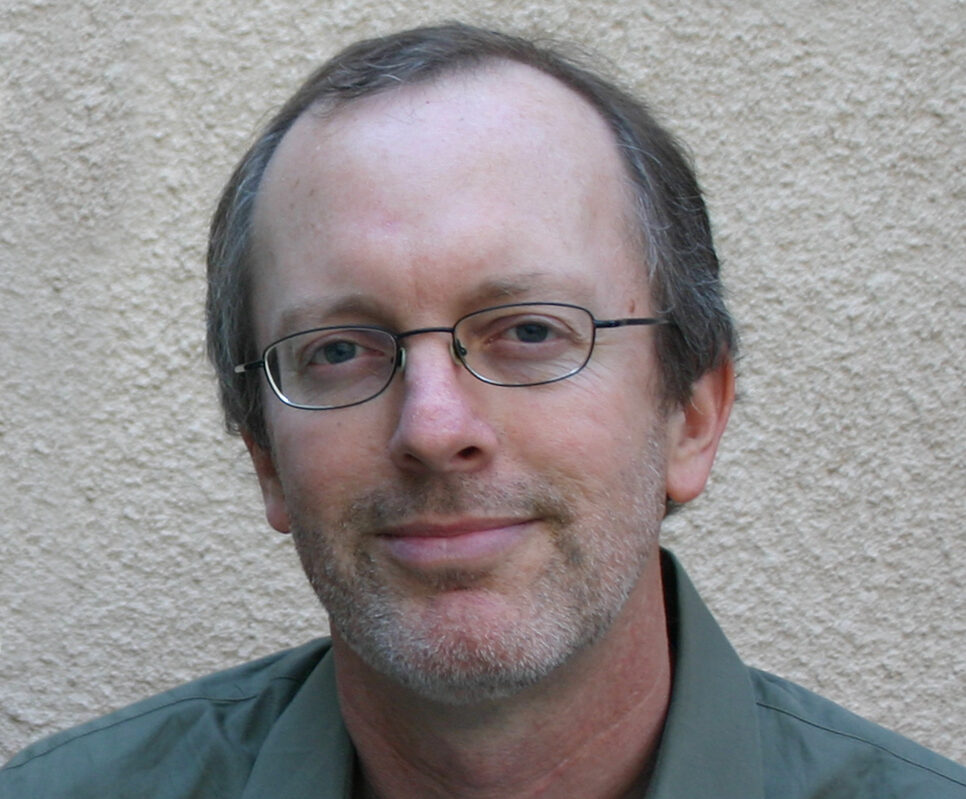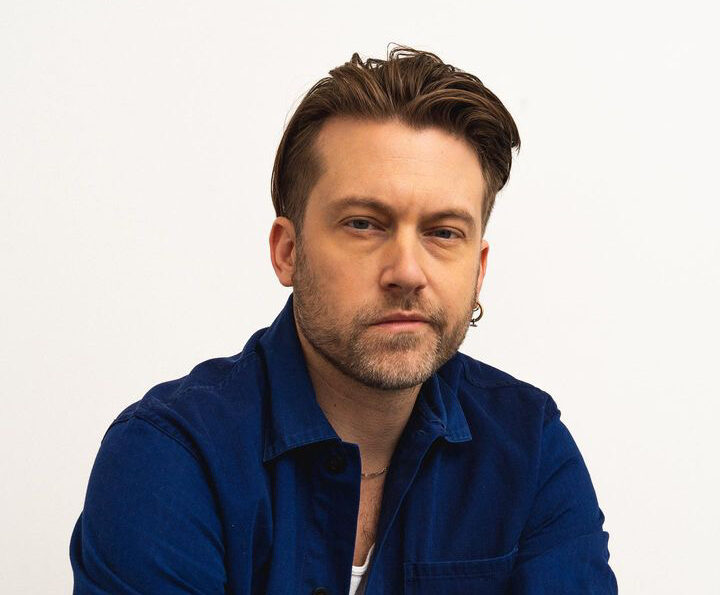
Steve Anderson
Professor
Steve Anderson is a scholar-practitioner working at the intersection of media, history, technology and culture. He teaches the production and theory of digital media and documentary in the School of Theater, Film and Television and holds a joint appointment in the department of Design Media Arts.
His book Technologies of Vision: The War Between Data and Images (MIT, 2017) surveys the emergence of competing regimes of computational and photographic image making from the 1830s to the present, focusing on cultural implications related to space, data visualization and surveillance. His previous book, Technologies of History: Visual Media and the Eccentricity of the Past (Dartmouth, 2011), investigated the emergence of experimental history across a range of visual media including film, television and digital games. With Christie Milliken, he is co-editor of the anthology Reclaiming Popular Documentary (Indiana University Press, 2021).
Anderson received a Digital Innovation Fellowship by the American Council of Learned Societies to create Technologies of Cinema, an ongoing work of digital scholarship that explores the tortured history of computation seen on film and television since 1950, incorporating video essays, textual analysis and media curation. He is also the founder and principal investigator of the public media archive Critical Commons. With Tara McPherson, he co-edited the interdisciplinary electronic journal Vectors and now serves as co-principal investigator of the Alliance for Networking Visual Culture, developers of the open source electronic publishing platform Scalar.
His scholarly work has appeared in the journals Visible Language, [In]Transition: Journal of Videographic Film and Moving Image Studies, American Literature, Cultural Science Journal, The Cine-Files, GAME: The Italian Journal of Game Studies, The Journal of Media Literacy Education, Frames Cinema Journal, Vectors, Profession, Pre/Text, The Moving Image, Release Print, The Independent, Filmmaker, Res Magazine, Intelligent Agent, Film Quarterly and Digital Humanities Quarterly, and is anthologized in the books Transmedia Frictions: The Digital, the Arts, and the Humanities; F Is for Phony: Fake Documentary and Truth’s Undoing; Television Histories: Shaping Collective Memory in the Media Age; Digital Youth, Innovation and the Unexpected; Debating New Approaches to History; and New Media, Old Media: A History and Theory Reader, Reclaiming Popular Documentary and The Routledge Handbook of Remix Studies and Digital Humanities.
At UCLA, Anderson has served as Chair of the faculty at the School of Theater, Film and Television, Interim Chair of the Department of Film, Television and Digital Media, and Vice Chair of Undergraduate Studies. Previously, Anderson taught for 15 years in the USC School of Cinematic Arts, where he was the founding director of the practice-based Ph.D. program in Media Arts + Practice (iMap) and a faculty member in the divisions of Interactive Media & Games.
A former documentary film and sound editor in Washington, D.C., Anderson worked for National Geographic, the U.S. Holocaust Memorial Museum, the National Audubon Society, Guggenheim Productions, NHK Broadcasting and ABC Television. He served for more than a decade as a board member of Los Angeles Filmforum and as co-curator with Holly Willis of the experimental digital screening series Blur + Sharpen.
His work has received support from the American Council of Learned Societies, the NEH Office of Digital Humanities, the Andrew W. Mellon Foundation, the MacArthur Foundation, the National Endowment for the Humanities, Adobe Systems, Oculus VR/Facebook, Related Content Database and Google Daydream.
Anderson’s creative work mobilizes a deliberately unstable array of media and technology positioned at the intersection of data and images, incorporating documentary, computational and immersive media. His project Live-VR Corridor received the award for Best Mixed Reality at the New Media Film Festival and was featured in the Beijing International Film Festival in 2021.
Anderson received a Ph.D. in film, literature and culture from USC and an M.F.A. in film and video from CalArts.

